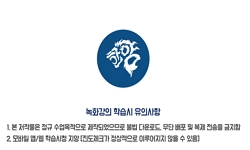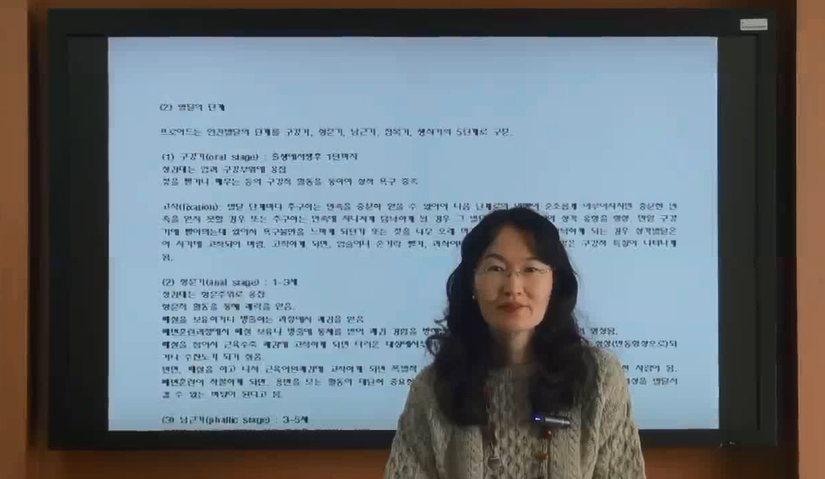If ‘Education of humanism’ aims to improve personal moral dignity and in the education words and behaviors of the sages can work as a good model, we can fully interpret integrity of personality and identify methods and theoretical grounds to compl...
http://chineseinput.net/에서 pinyin(병음)방식으로 중국어를 변환할 수 있습니다.
변환된 중국어를 복사하여 사용하시면 됩니다.
- 中文 을 입력하시려면 zhongwen을 입력하시고 space를누르시면됩니다.
- 北京 을 입력하시려면 beijing을 입력하시고 space를 누르시면 됩니다.
https://www.riss.kr/link?id=A102876411
- 저자
- 발행기관
- 학술지명
- 권호사항
-
발행연도
2015
-
작성언어
Korean
- 주제어
-
자료형태
학술저널
-
수록면
135-151(17쪽)
-
KCI 피인용횟수
0
- DOI식별코드
- 제공처
-
0
상세조회 -
0
다운로드
부가정보
다국어 초록 (Multilingual Abstract)
If ‘Education of humanism’ aims to improve personal moral dignity and in the education words and behaviors of the sages can work as a good model, we can fully interpret integrity of personality and identify methods and theoretical grounds to complete it through the thoughts of Confucius. Confucius suggests how far human beings are able to reach in terms of stages of personality, through his own progress of life. The highest stage he shows is ‘freedom’ and ‘Heaven-Man Unity’, which means completion of moral dignity and infinity. The theoretical base of Confucius for this stage that humans can reach is ‘Benevolence(仁)’. ‘Benevolence’ is innate morality which not only indicates love, honorable conduct and the public interest, but also is given us transcendentally. We feel discomfort and insecurity in the morally relevant circumstances because of this innate morality given for humanity. Based on this morality and moral sentiments, we are able to lift ourselves to the best level of personality. This is the reason why education of humanism can be conducted by Confucian ideas.
목차 (Table of Contents)
- 1. 이끄는 말
- 2. 인성교육의 최종경지
- 3. 인성교육의 이론근거
- 4. 맺는 말
- 참고문헌
- 1. 이끄는 말
- 2. 인성교육의 최종경지
- 3. 인성교육의 이론근거
- 4. 맺는 말
- 참고문헌
- Abstract
참고문헌 (Reference)
1 김충열, "동양사상과 인성교육" 9 : 2007
2 손승남, "대학 인성교육의 교수학적 고찰" 한국교양교육학회 8 (8): 11-41, 2014
3 지희진, "대학 교양 인성 교육에 대한 대학생 인식 탐색" 한국교양교육학회 7 (7): 433-466, 2013
4 "논어"
5 김익수, "공자의 효사상과 인성교육의 원리" 한국사상문화학회 (67) : 129-156, 2013
6 안재호, "공자曰 공자는 이렇게 말했다" 예문서원 2010
7 勞思光, "新編中國哲學史 1卷" 三民書局 1984
8 牟宗三, "中國哲學的特質" 學生書局 1963
9 馮友蘭, "中國哲學史上" 商務印書館 1931
1 김충열, "동양사상과 인성교육" 9 : 2007
2 손승남, "대학 인성교육의 교수학적 고찰" 한국교양교육학회 8 (8): 11-41, 2014
3 지희진, "대학 교양 인성 교육에 대한 대학생 인식 탐색" 한국교양교육학회 7 (7): 433-466, 2013
4 "논어"
5 김익수, "공자의 효사상과 인성교육의 원리" 한국사상문화학회 (67) : 129-156, 2013
6 안재호, "공자曰 공자는 이렇게 말했다" 예문서원 2010
7 勞思光, "新編中國哲學史 1卷" 三民書局 1984
8 牟宗三, "中國哲學的特質" 學生書局 1963
9 馮友蘭, "中國哲學史上" 商務印書館 1931
동일학술지(권/호) 다른 논문
-
인문기술융합 교육 프로그램 설계를 위한 국외 예술문화콘텐츠 선도 기관 연구
- 다빈치미래교양연구소
- 김진택(Kim, Jin-taek)
- 2015
-
- 다빈치미래교양연구소
- 안화진(Ahn, Hwa-jin)
- 2015
-
- 다빈치미래교양연구소
- 한수영(Han, Soo-young)
- 2015
-
- 다빈치미래교양연구소
- 김주현(Kim, Ju-hyeon)
- 2015




 DBpia
DBpia








